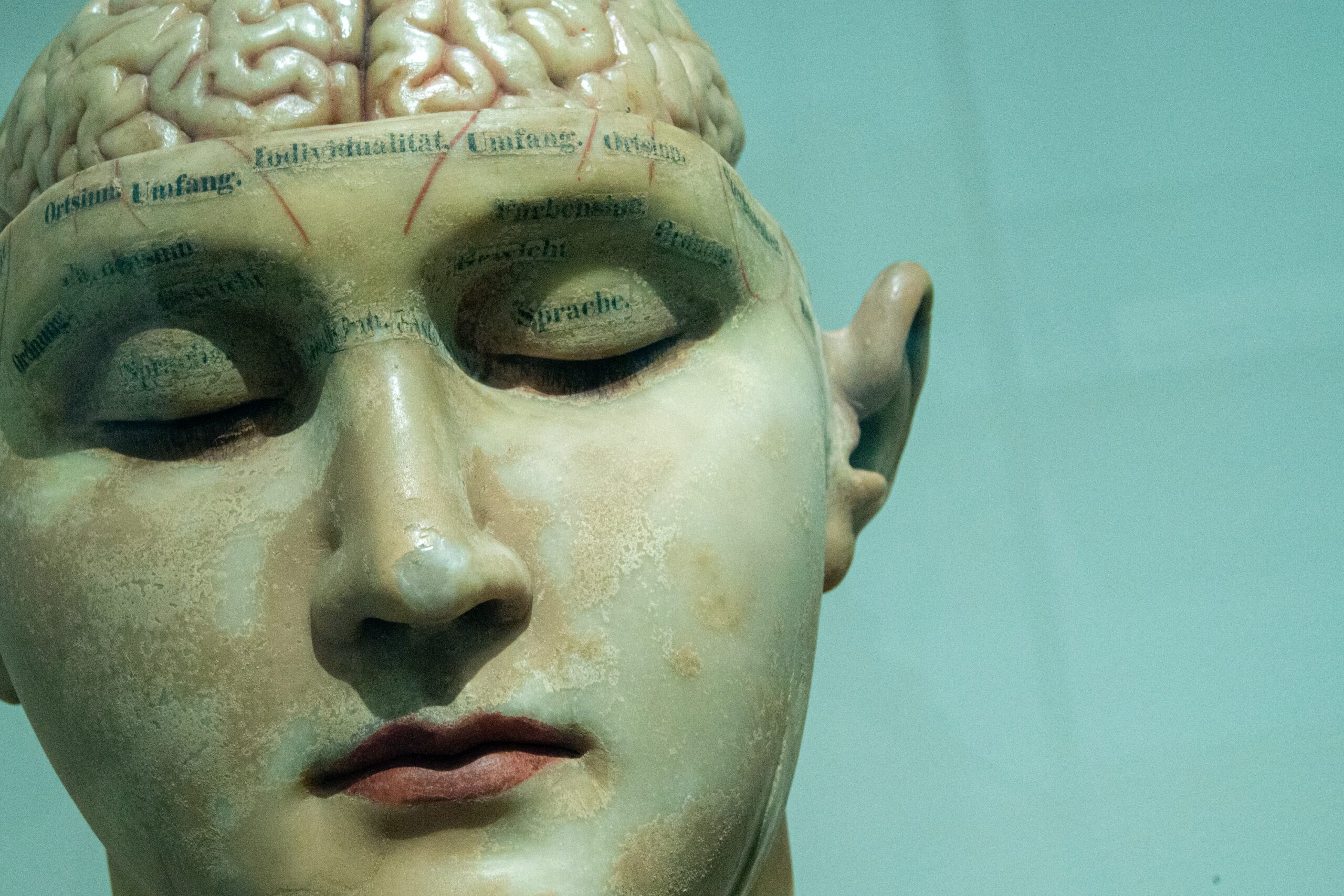
05 Aug Sleep and Memory: How They Work Together
A study published in July 2019 in the journal Current Biology indicates a poor night’s sleep—specifically, restless rapid-eye-movement (REM) sleep—negatively impacts brain function, including the work of amygdalae. These are almond-sized clusters of nuclei located deep within the brain’s temporal lobes and responsible for the consolidation of memories for long-term learning, as well as the processing and storage of memories associated with events that elicit strong emotions like sorrow, embarrassment, fear, and anxiety. Upon awakening, study volunteers who experienced disrupted REM sleep remained reactive to emotional events from the previous day while well-rested individuals labeled prior-day events as being of lesser emotional significance than they originally thought, according to the researchers.
We have long been aware that a good night’s sleep benefits mood, alertness, concentration, and judgment. Science also has established that sleep plays a vital role in memory retention. What we have not known clearly, at least until now, how these sleep and memory processes are potentially linked and how a negative impact on how one affects the other.
Study authors writing in Proceedings of the National Academy of Sciences in 2018 suggest even a single night of sleep deprivation can cause beta-amyloid, a metabolic waste product, to accumulate in brain structures, including the amygdalae, which regulate mood, emotion, memory, and ability to learn and are implicated in the development of Alzheimer’s disease. The amygdalae maintain neural pathways to the hypothalamus, which regulates important biological systems, such as sleep, the menstrual cycle, and circadian rhythm, and they interact with the hippocampus, a key component in memory processing. In fact, neural circuits connecting the hippocampus to other regions of the brain are considered repositories for the storage of episodic memories, specifically events, their location, and the emotions associated with them.
For memory to function properly, three vital processes must occur:
- Acquisition: learning or experiencing something new
- Consolidation: integrating the new information in the brain, making it stick
- Recall: accessing the information after it is stored
Acquisition and recall occur when one is awake; consolidation, while asleep. When awake, the brain reacts to external stimuli and encodes new memories that are, at that point, unstable and subject to forgetting. The sleeping brain, with greatly reduced exposure to external stimuli, provides optimal conditions for memory consolidation, which strengthens and integrates new memory into existing knowledge networks. At one time, experts thought sleep simply protected memory from interference by external stimuli. Now we know that both REM and slow-wave sleep (SWS) take more active roles in memory consolidation, with different kinds of memories being processed during different stages of sleep. A study in a 2018 issue of the Journal of Sleep Research, for example, indicates that one night of sleep loss can impair working memory, which is important for reasoning and planning.
